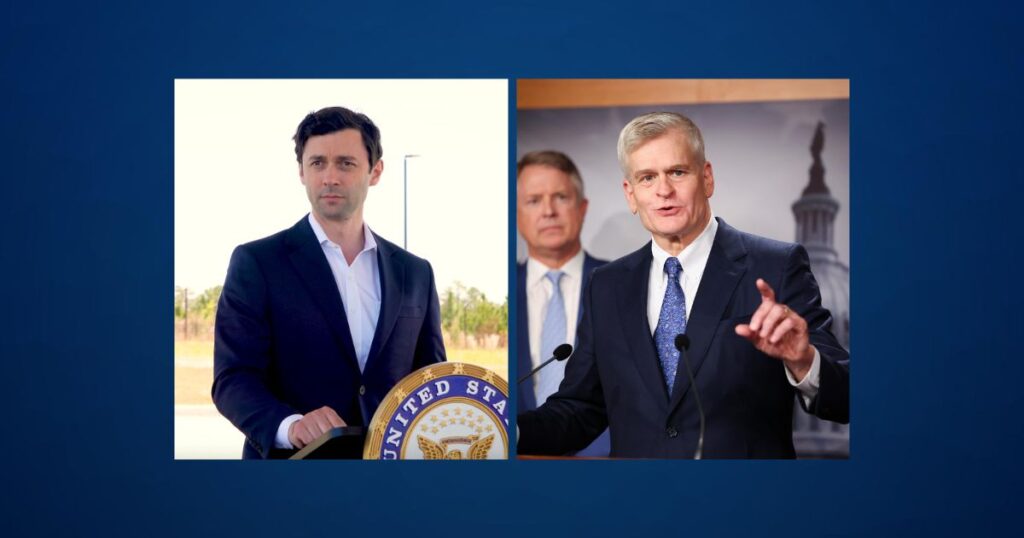In the last decade, Georgia has emerged as a critical battleground state, showcasing significant political divisions and a dynamic electoral landscape. Once primarily a Republican stronghold, recent elections have revealed a competitive environment where both major parties contend for dominance.
Georgia remains a focal point in national politics. The state witnessed intense campaigning from both major parties during the presidential election, with issues such as economic concerns, healthcare, and voting rights at the forefront. Early voting reached record numbers, underscoring the high stakes and deep engagement of the electorate. Despite internal divisions within the Republican Party, particularly stemming from former President Donald Trump’s criticisms of Governor Kemp, the GOP continues to exert significant influence in state politics. Looking ahead, figures like Attorney General Chris Carr have announced intentions to run for governor in 2026, signaling ongoing competition and the potential for further shifts in Georgia’s political landscape.
Political Shifts and Demographic Changes
In the early 2010s, Republicans held a strong grip on Georgia's political landscape. However, significant demographic changes, especially in the Atlanta metropolitan area, have shifted the state's political dynamics. The influx of younger and more diverse populations, including African American, Latino, and Asian communities, has played a crucial role in this transformation. As a result, these groups have increasingly favored the Democratic Party, making statewide elections more competitive.
Gubernatorial and Lieutenant Gubernatorial Roles
In 2018, Republican Brian Kemp was elected governor, narrowly defeating Democrat Stacey Abrams in a race that drew national attention. Kemp's tenure has been marked by policies such as a restrictive abortion law and changes to election regulations, which have both garnered significant debate. The lieutenant governor's role, serving as the president of the Georgia State Senate, has traditionally been a stepping stone for higher state offices. However, specific details about the individuals occupying this position over the past decade are not provided in the available sources.
Split-Ticket Voting, Divergent Electoral Outcomes
Georgia's political scene is anything but straightforward, marked by the intriguing phenomenon of split-ticket voting. This is where voters mix and match their choices, selecting candidates from different parties for various offices. Take the 2020 elections, for instance: while Republican incumbents held onto several statewide roles, Democrats made waves in the federal arena. In a dramatic turn of events, Joe Biden clinched Georgia's electoral votes, a feat no Democratic presidential candidate had accomplished since 1992. But that wasn’t the end of it—Democrats Jon Ossoff and Raphael Warnock also triumphed in the runoff elections, claiming both U.S. Senate seats and reshaping the state's federal representation. These remarkable outcomes paint a vivid picture of Georgia's complex and evolving political identity, showcasing the diverse views and priorities of its voters.
Georgia's shift to a purple swing state highlights its changing demographics and the influences of local and national politics. Its recent electoral results showcase diverse voter preferences, making it a key battleground for both Republicans and Democrats.



